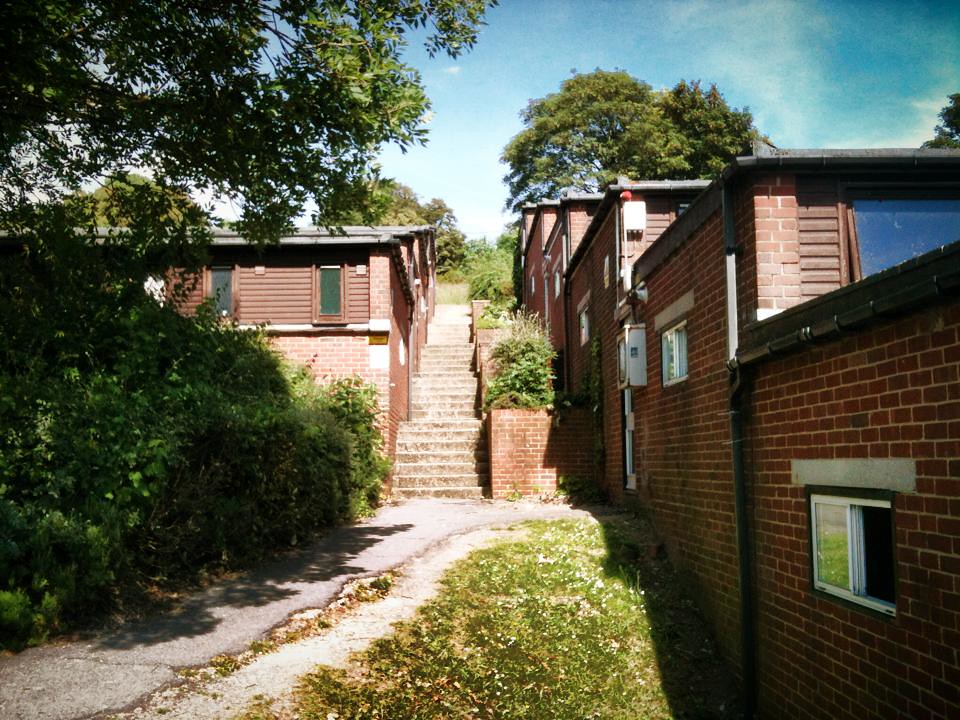By Eric Barrell
With my tutors going on strike over casualisation and unequal pay, and my own struggles in cheap halls with near constant maintenance issues, I can’t help but wonder: what is Sussex University spending our £9250 a year tuition fee on? Many articles have been written about the increases in various building projects being undertaken by British universities in the wake of the rise of tuition fees in 2012. According to The Guardian, UK universities’ annual capital expenditure reached a record high of £2.5 billion in 2013-14.
Around half a million square metres of new and refurbished accommodation was added, and this is only continuing as tuition fees increase and more students attend university. Save the Student, a student money-saving website, published information from the Higher Education Policy Institute (HEPI) to show what tuition fees get spent on. According to their statistics, around 45% of tuition fees are spent on the cost of teaching. The remaining funds go to other expenses such as buildings, administration, welfare services and the students’ union. These services are needed, it’s just a shame that students must take out such large loans, and therefore debt, to help fund it.
In the Guardian article about universities’ spending on building costs, Birmingham University’s director of estates, Trevor Payne, justified the institution’s £500 million development programme (which includes a new library, sports centre and swanky new halls of residence) by stating: “It’s only right to expect that if people are paying that sort of money, they are getting value. They want to see investment. We can demonstrate here we are investing in our infrastructure, facilities.” Although libraries and sport centres are great as everyone can use them, it can feel jarring for students from lower-income backgrounds to see University money being spent on expensive halls of residence, which usually have a high rent that they would be unable to afford.
I live in Lancaster House, one of the Park Houses, Sussex’s second cheapest on-campus accommodation. Since I’ve moved here in September, Park Houses have had a myriad of maintenance problems. Lightbulbs in need of replacement, toilets getting clogged, no hot water, mites and scabies infestations, constant fire alarms and ceilings falling in, to name a few. Some of these issues are caused by the students, but it feels especially aggravating when issues such as our sinks being blocked for weeks were not sorted out until the cleaning staff refused to clean our kitchen because they couldn’t get any water. It often feels as if maintenance staff are very overstretched, having to constantly deal with one crisis after another, leading them to be very frustrated when students make more maintenance complaints. They often trying to foist the blame on us, when the underlying issue is the overall poor quality of the accommodation.
It thus felt especially irritating when, about a month into my first semester here, I and everyone else in my halls received an email stating that Park Village and some of the Park Houses were going to be knocked down in order to build new, better quality accommodation in the coming years. Construction workers have started drilling outside to test and mark areas of the ground that would be suitable for these new building projects, all the while we’re stuck with more daily issues with our basic necessities and utilities.
I have seen many of the academics and other University staff discussing the current UCU strike on social media. They are reiterating several points that I feel are also relevant to this discussion around building works and what our tuition fees are being spent on. A key point is University Vice-Chancellors and other administrators are not actually understanding the true needs of the staff and students. It seems like they’re threatening staff, saying that they are doing a great disservice to the students by compromising their education with the strike. However, many students feel short-changed, but not by the strikes. How am I supposed to feel that the University cares about my education and wellbeing when my standard of living often feels so compromised?
And while the solution to many of the maintenance problems in the cheaper halls may well be to simply knock them down, I am sceptical as to whether the new accommodation being built will continue to be affordable and thus accessible for students from lower-income backgrounds. Although I’m jealous of the students living in the glamorous new East Slope, I feel sadness that the previously cheap halls there were knocked down. Although it was probably a prudent decision in terms of keeping down maintenance costs, it often feels as if many British universities are prioritising the business side.
By spending the vast sums of money from tuition fees on new buildings that they can charge high rent on, they are not ensuring lower-income students in cheaper halls still have adequate welfare and can focus on their education. An education that is also compromised by not enough of this money going on staff wages, stable contracts and wage equality for women and BME employees. The University should worry less about how the strikes will affect the students, and more about how they can spend our extortionate fees to help their students.
Image credit: Kasim Rashid (2014)



